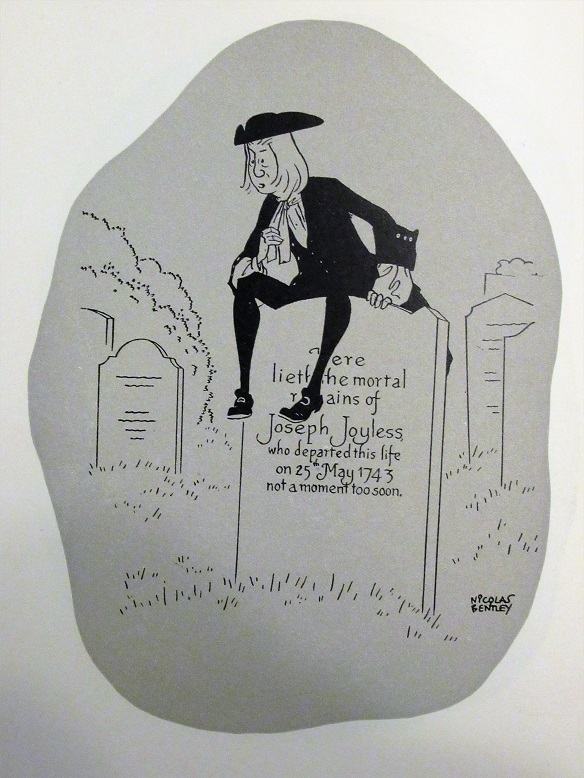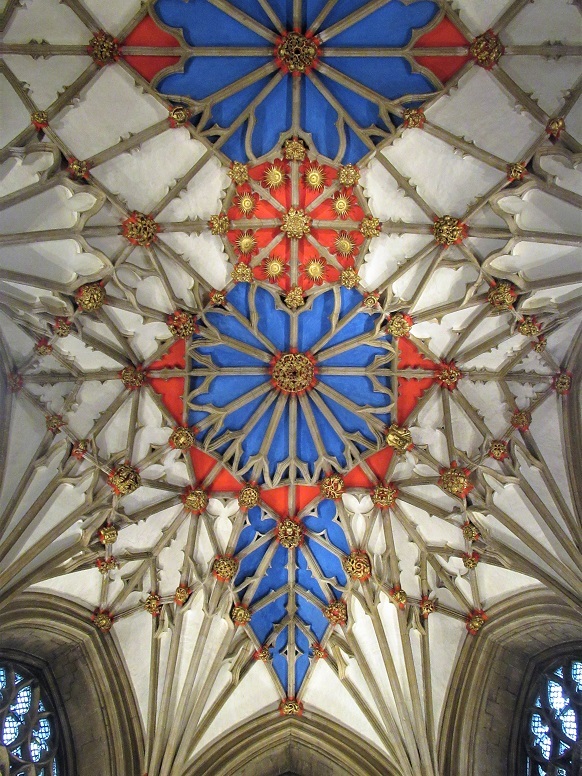Artless And Inconsequential
Oct. 30th, 2019 08:43 amThe Clerihew is a verse form that was "invented", if that's the word, by Edmund Clerihew Bentley- and indulged in enthusiastically by his chums- who included G.K. Chesterton. It consists of four lines rhyming AABB, scansion and length of line immaterial. The content traditionally takes the form of a biographical statement about some well known person- which may be true or untrue- and the effect to be aimed at is flippancy. I don't believe I've ever tried to write one. It's probably harder than it looks. But who can say what distinguishes a good clerihew from a bad one when the whole point is to be as artless and inconsequential as possible?
Here's one that has haunted me all my days- ever since I first encountered it in the 1949 edition of The Saturday Book, an annual for grown-ups which made a highly desirable Christmas present. It comes from a set on "Some 18th Century Worthies" and deals with the poet Thomas Gray- author of "The Elegy Written in a Country Churchyard"- a very wonderful poem on one of my favourite subjects which is less well known today than it was in my youth. It's the work not of Edmund Clerihew but of his son Nicolas- the artist- and comes complete with one of his distinctive illustrations.

There was something slightly fey
About Thomas Gray,
As you might have assumed
From his meditations on the entombed.
Here's one that has haunted me all my days- ever since I first encountered it in the 1949 edition of The Saturday Book, an annual for grown-ups which made a highly desirable Christmas present. It comes from a set on "Some 18th Century Worthies" and deals with the poet Thomas Gray- author of "The Elegy Written in a Country Churchyard"- a very wonderful poem on one of my favourite subjects which is less well known today than it was in my youth. It's the work not of Edmund Clerihew but of his son Nicolas- the artist- and comes complete with one of his distinctive illustrations.

There was something slightly fey
About Thomas Gray,
As you might have assumed
From his meditations on the entombed.
